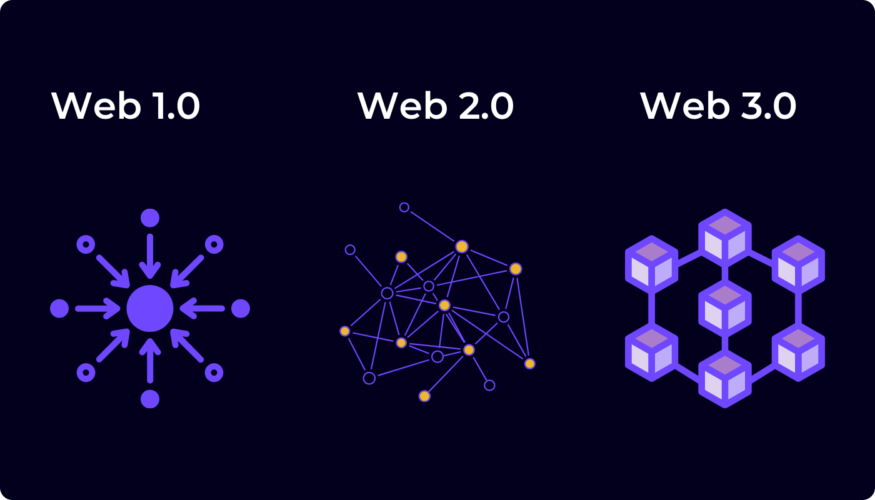[email protected] | January 13, 2023
Web3 is a term used to describe the development of a new version of the World Wide Web (WWW) that is based on blockchain technology. The idea behind Web3 is to enable further decentralization of the web, allowing users to interact directly with each other, without the need for centralized intermediaries.
The current web, known as web 2.0, is characterized by the interconnection of applications and services, as well as the ability of users to interact and collaborate. However, there are several limitations regarding privacy, security, and control over personal data. Instead, Web3 seeks to solve these problems by decentralizing the web, allowing users full control over their data and transactions.
What would happen if the internet disappeared?
This would mean a loss of millions…
Web3 is based on the use of smart contracts, programs that run automatically on a blockchain, and tokens, units of value that can be transferred and stored on a blockchain. These elements allow greater interoperability and ease of use between different applications and services on the web.
Some of the features of Web3 are:
- Increased decentralization: Reduces reliance on centralized intermediaries, allowing users to interact directly with each other.
- Increased security: data and transactions are stored on a chain of blocks, which provides greater security and transparency.
- Interoperability: Smart contracts and tokens enable greater interoperability between different applications and services.
- Enhanced Privacy: Privacy features include anonymity, data privacy, and transaction privacy.
Some of the applications and uses of Web3 include:
- Decentralized commerce: allowing users to buy and sell goods and services directly with each other, without the need for intermediaries.
- Digital identity: allowing users to create and store a secure and decentralized digital identity.
- Digital wallets: allowing users to store and transfer cryptocurrencies in a secure and decentralized manner.
- Decentralized Applications: Allowing developers to create decentralized applications that do not depend on a central authority.
Web3 is in an early stage of development, and there are still many challenges to overcome before it is widely adopted. However, this technology is expected to have a major impact on the way we interact with and use the web in the future.












